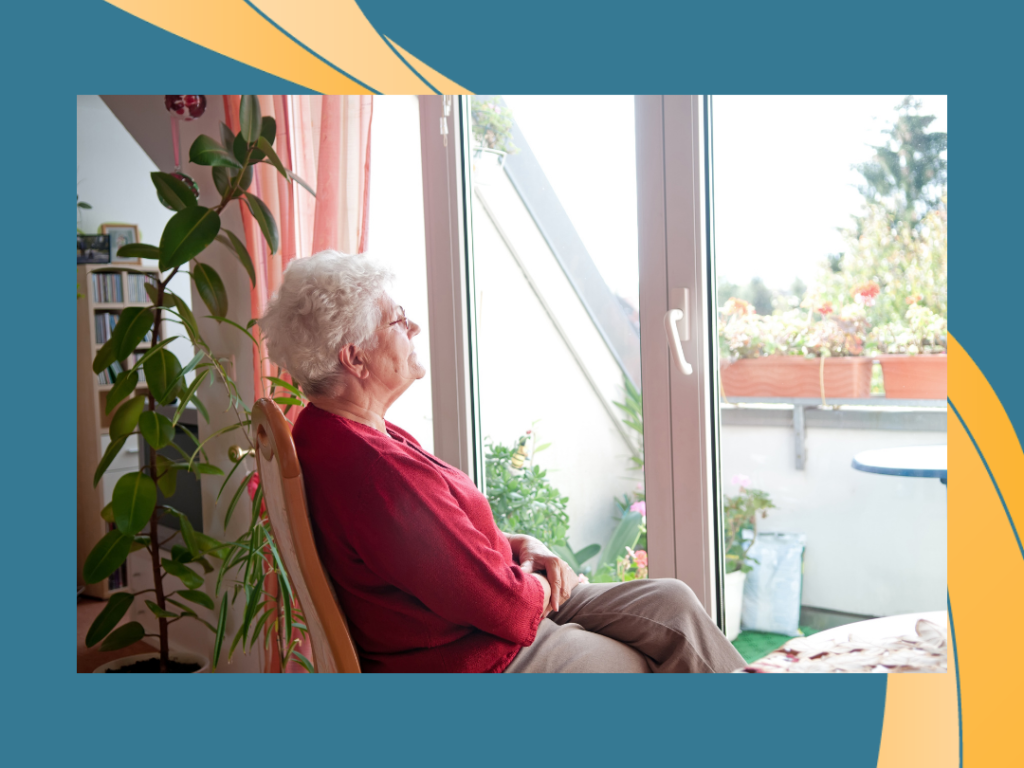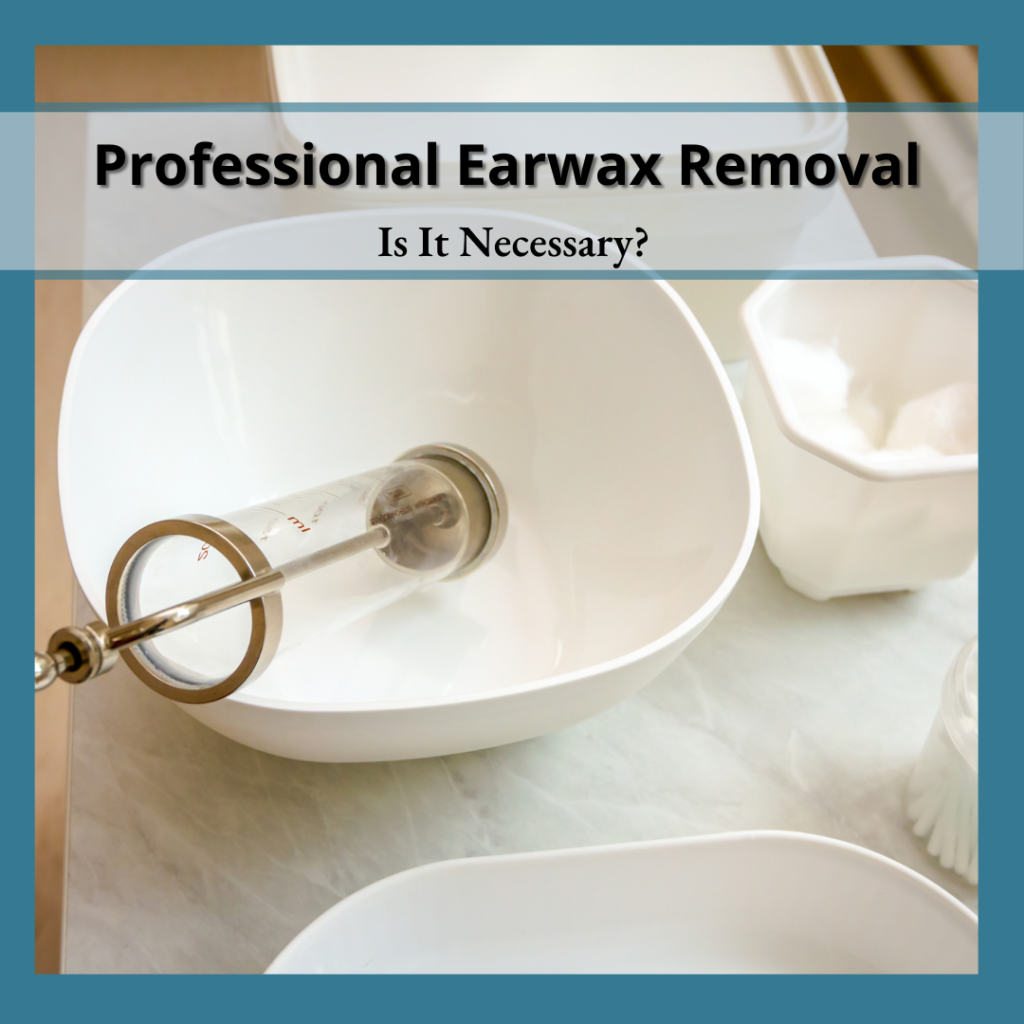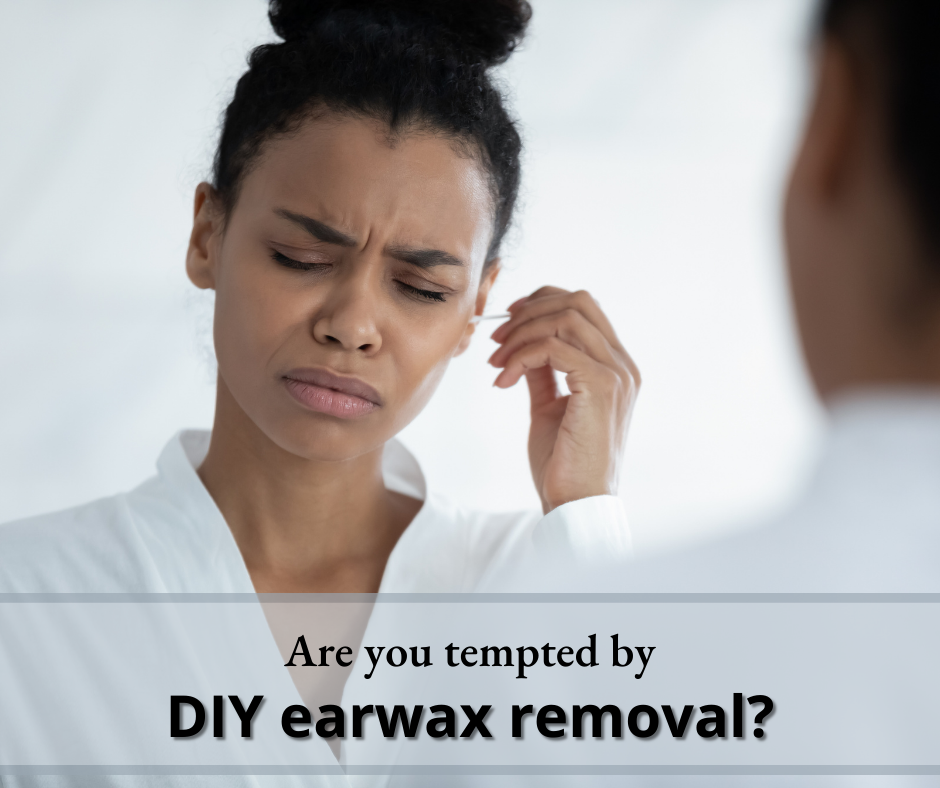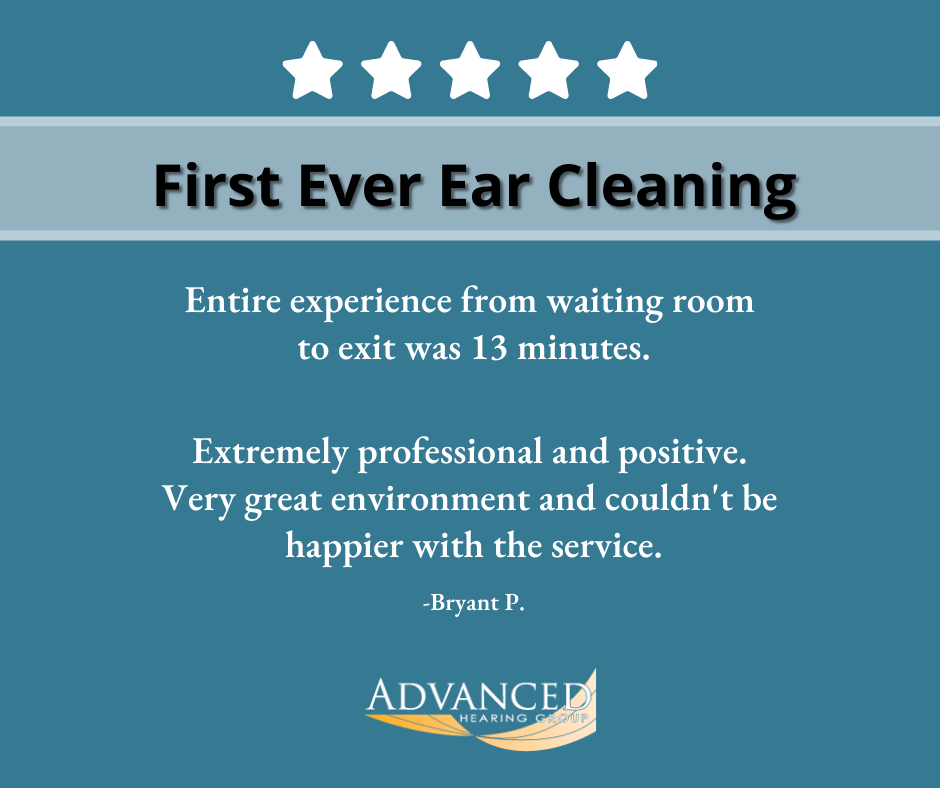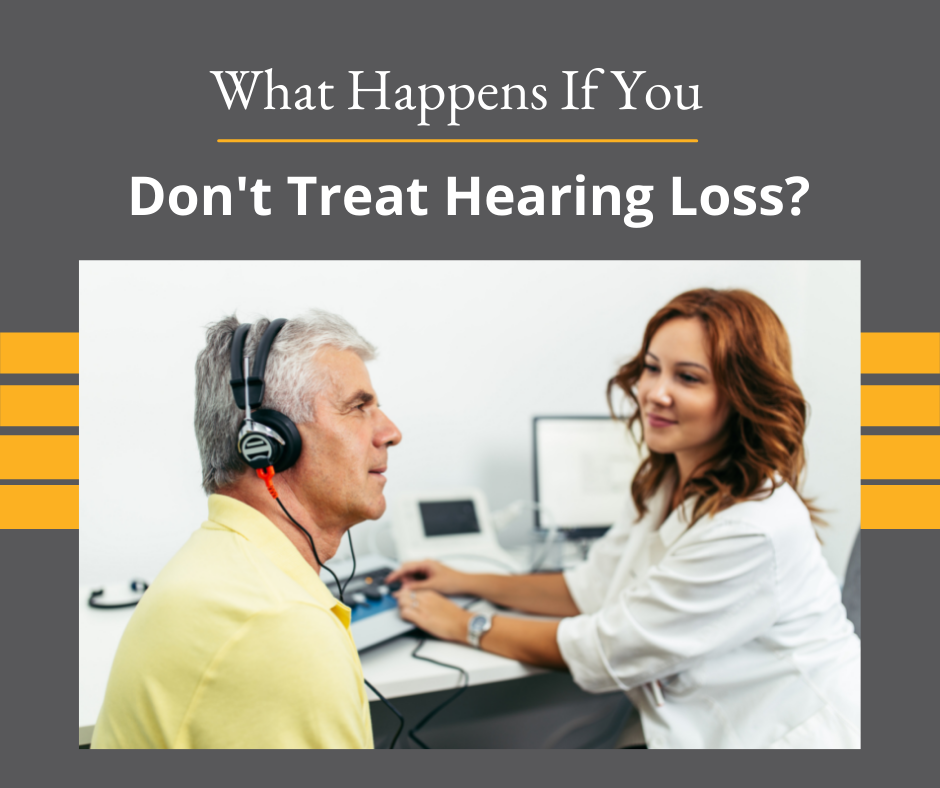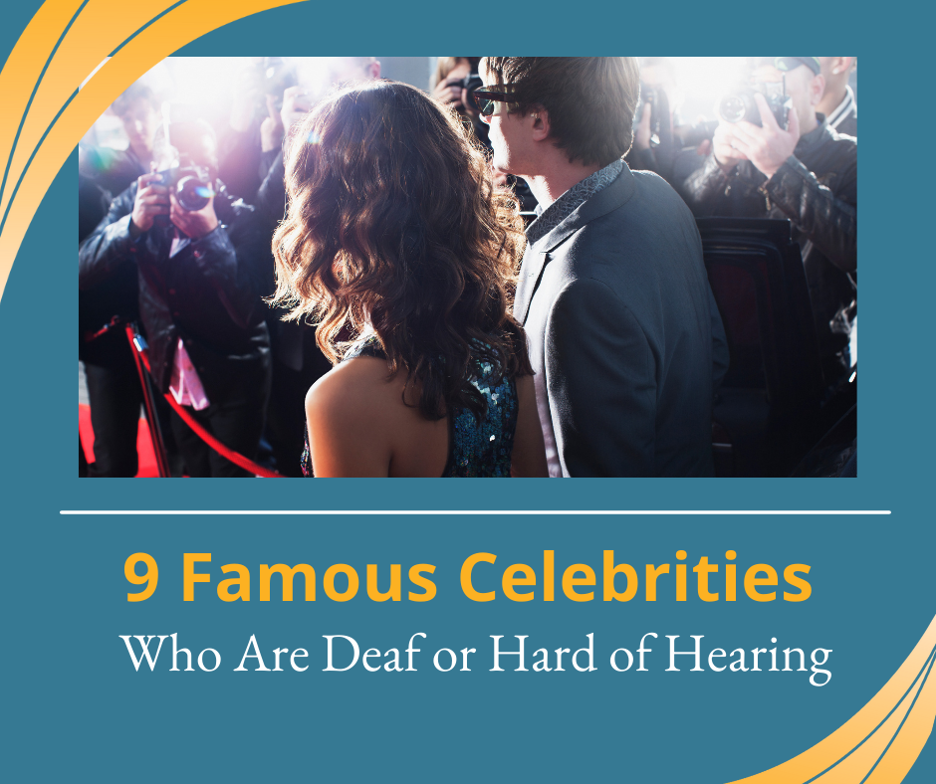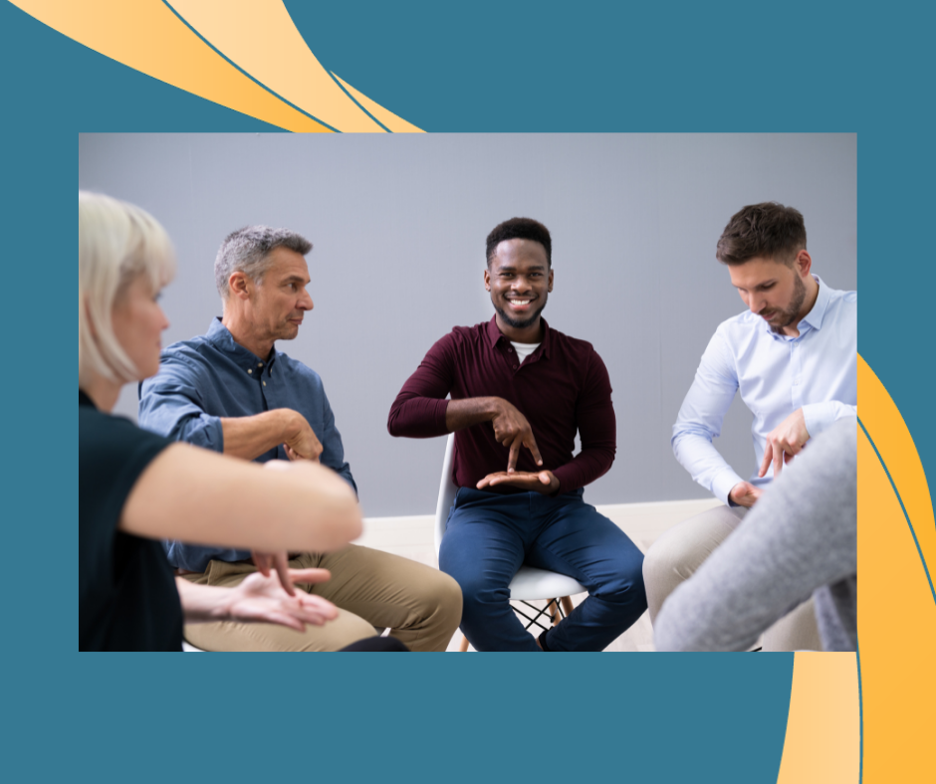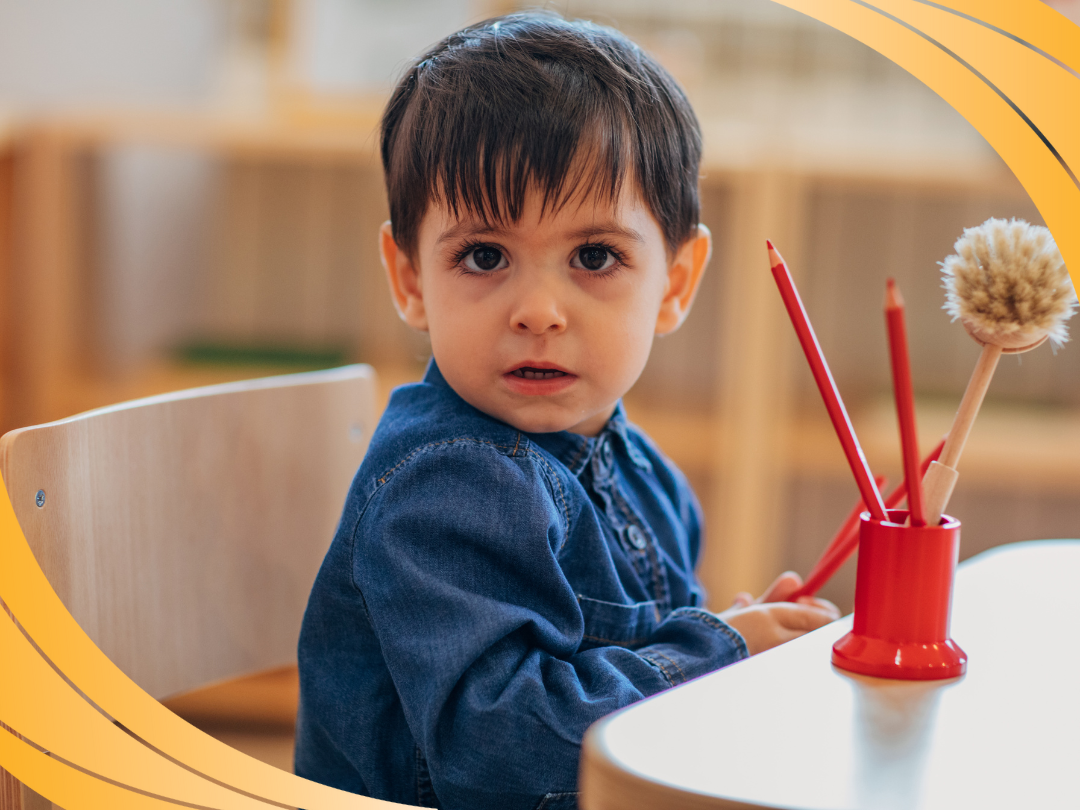
Childhood hearing loss is more common than you might think, affecting 15% of children ages 6 to 19, according to the Centers For Disease Control and Prevention (CDC). Yet, it’s often confused with learning disabilities in school age children. Why is this the case, how does hearing loss affect children in school, and what can be done about it? These are all questions we’ll take a look at today.
Learning Disability vs. Hearing Loss – A Misdiagnosis Can Lead to Learning Problems
A child with hearing loss can exhibit symptoms that mimic those of someone with a learning disability. For example, they may appear to not be paying attention to the teacher, fall behind on their school work, and even act out with inappropriate behavior.
Children with a diagnosed learning disability often benefit from classroom accommodations that can help. For example, they may be given extra time to complete assignments, be provided with after school tutoring if further instruction is needed, or they may be seated at the front of the classroom to limit distractions and help increase focus. If the child actually has hearing loss, not a learning disability, these treatments may or may not help. Rather, the child may continue to act out behaviorally or fall further behind in their work.
How Childhood Hearing Loss Affects Performance In School
Childhood hearing loss that goes untreated can have a significant impact on a child’s performance and development both inside and outside of school. When ignored or misdiagnosed, childhood hearing loss can lead to:
- Speech and language delays
- Difficulty learning
- Impaired social interactions
- Slower social maturing
Delayed speech and language development is huge as it affects a child’s ability to comprehend written and spoken words. It also impacts their ability to communicate with others. This then leads to difficulty learning and keeping up with peers in the same classroom. When a child doesn’t understand what’s being taught, they don’t always know why and they don’t know to ask for help. Instead, they may disengage from lessons or even misbehave. If they don’t know otherwise, teachers may assume this is a form of learning disability or behavior problem when the problem is actually childhood hearing loss.
Early Diagnosis and Treatment of Childhood Hearing Loss Is Essential
Much of how we grow and progress later in life stems from how we learn and develop as a child. Therefore, it’s critical to provide children every chance at success during the early years. That includes correctly identifying and treating childhood learning and development problems as well as hearing loss.
Teachers can watch for the following signs of childhood hearing loss in their students:
- Speech delays
- Difficulty following directions, even simple ones
- Inability to answer questions or the child responds inappropriately
- Lack of focus
- Child appears to be daydreaming or lost in their own little world
Since some of these signs can also indicate other conditions such as a learning disability, Autism, or Attention Deficit Disorder (ADD), it’s important that appropriate testing is done to determine the exact problem.
Treatment of and classroom accommodations for childhood hearing loss can include:
- Hearing aids, cochlear implants, or other assistive listening devices
- Written instructions to accompany oral directions given
- Teacher accommodations – speaking clearly and facing the class
- Physical accommodations – a seat for the child at the front of the classroom
If you suspect that your child has hearing loss, we recommend a thorough hearing evaluation by one of our Mesa or Scottsdale audiologists as soon as possible. The sooner your child receives an accurate diagnosis and appropriate treatment, the better equipped they will be for success. Simply give us a call to schedule an appointment today!



